Living on a houseboat may seem like a dream—waking up to gentle waves, stunning waterfront views, and a minimalist lifestyle free from the burdens of traditional homeownership. However, the reality of houseboat living is far more complex than it appears. From constant maintenance to fluctuating dock fees, there are many hidden challenges that new residents often don’t anticipate. Before trading solid ground for life on the water, here are twelve things you need to know about living on a houseboat.
1. Constant Maintenance Is a Must
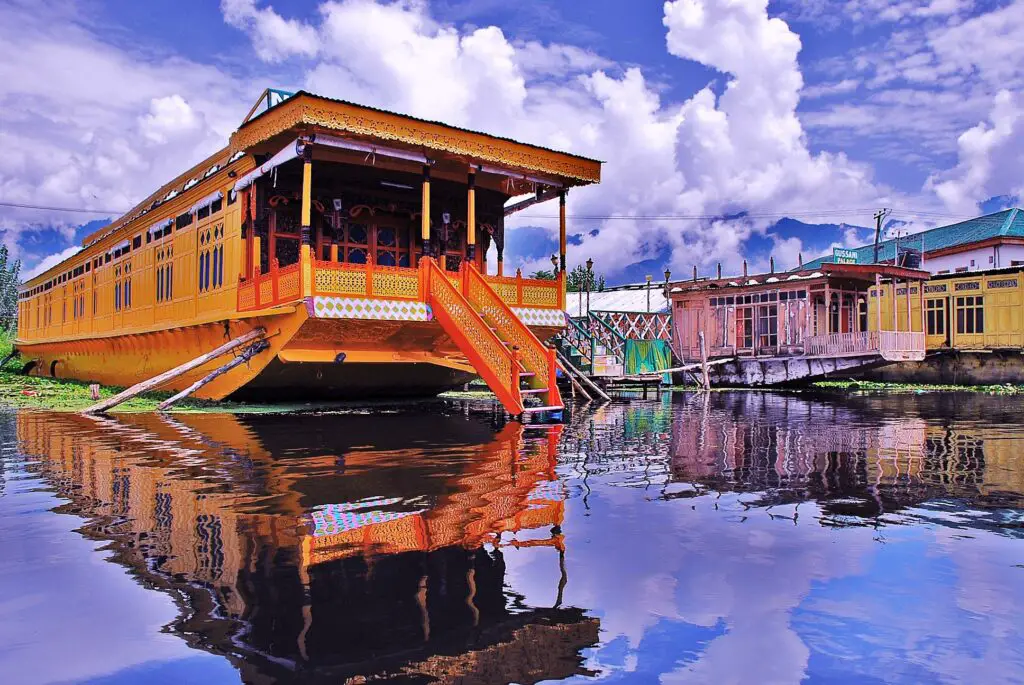
Owning a houseboat requires far more upkeep than a traditional home. The hull needs regular inspections to prevent leaks, and the engine, if applicable, requires frequent servicing. Water damage, mold, and corrosion are constant threats, meaning houseboat owners must stay vigilant. Without consistent maintenance, a houseboat can quickly deteriorate, leading to costly repairs or even rendering it unlivable.
Additionally, maintaining a houseboat isn’t just about structural integrity—it’s also about comfort. Plumbing and electrical systems require special attention since they operate differently than in a traditional house. Many houseboats rely on off-grid solutions like solar panels and marine sanitation devices, which demand regular upkeep. The constant exposure to moisture can also take a toll on furniture and appliances, requiring careful material choices and preventative measures.
2. Docking Fees Can Be Expensive
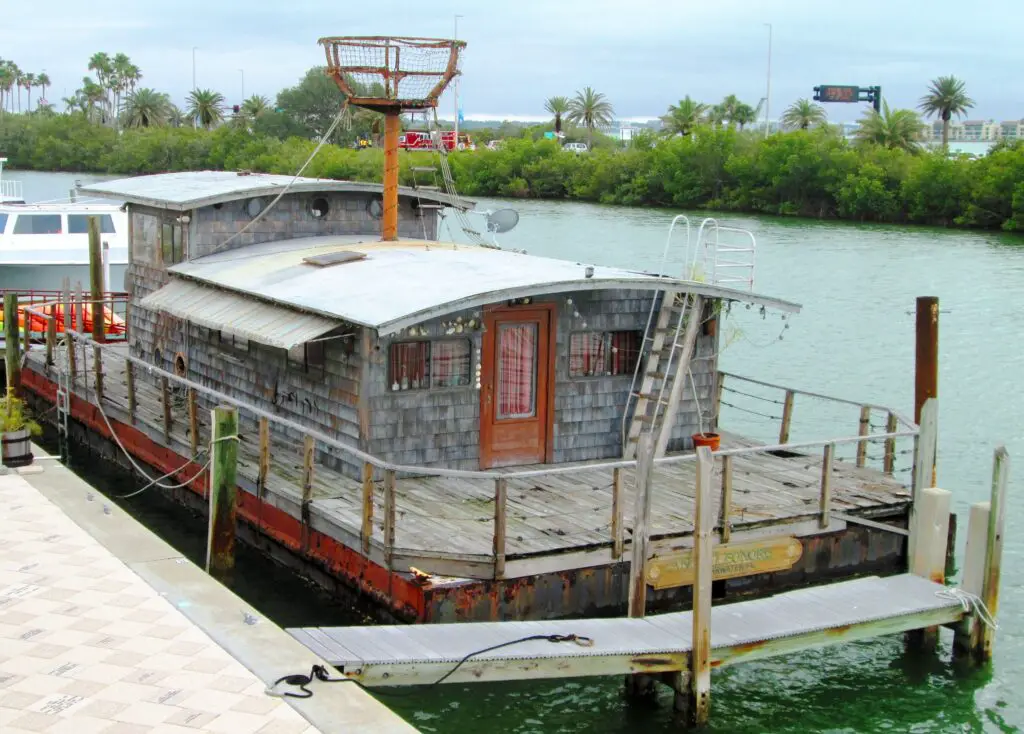
While houseboats offer an escape from traditional mortgage payments, docking fees can be surprisingly high. Marinas charge monthly rent based on location, amenities, and boat size, and in desirable areas, these fees can rival or even exceed apartment rents. Some locations also require additional costs for utilities like electricity, water, and sewage pump-outs. For those who don’t own a private dock, finding affordable and permanent mooring can be a major challenge.
Beyond fees, availability is another issue. Popular waterfront cities often have long waitlists for liveaboard slips, forcing some houseboat owners into temporary or suboptimal docking situations. In some areas, zoning laws and restrictions limit where houseboats can be moored, further complicating the situation. Those hoping to live rent-free on the water may be in for a surprise when they realize just how competitive and costly securing a dock can be.
3. Privacy Can Be Hard to Find
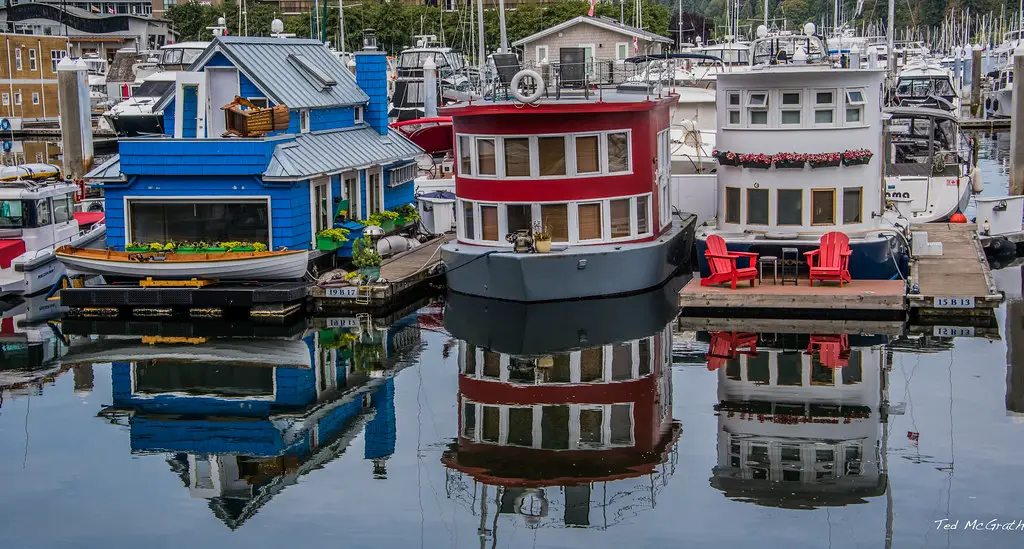
Living on a houseboat often means being in close proximity to other boaters, especially in marinas. Unlike traditional homes, where fences and yards provide separation, houseboats are usually docked just a few feet apart. Conversations, music, and even the sounds of daily life from your neighbors can easily carry over, leaving little room for personal space. For those who value solitude, this lack of privacy can be a major downside.
Even when anchored away from marinas, privacy isn’t guaranteed. Curious onlookers from passing boats may peer into windows, and some waterways attract heavy traffic, leading to noise and disruptions. Many houseboat owners must invest in curtains, tinted windows, or creative outdoor barriers to maintain some level of seclusion. While the open water offers freedom, it also comes with the challenge of balancing community and personal space.
4. Weather Can Make or Break Your Experience
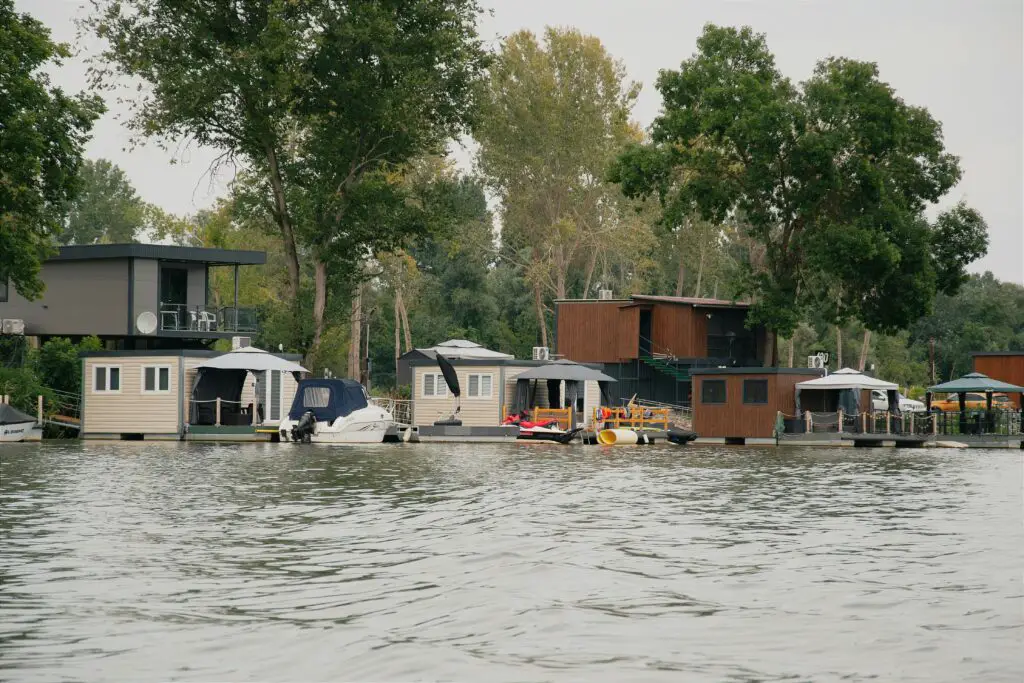
Unlike traditional homes, houseboats are highly susceptible to weather conditions. Strong winds, heavy rain, and rough waters can make living on a houseboat uncomfortable, if not dangerous. Storms can cause significant damage, requiring constant monitoring of weather forecasts and emergency preparedness plans. Even in calmer conditions, fluctuations in temperature and humidity can make indoor living spaces difficult to regulate.
Extreme weather isn’t just about safety—it also affects day-to-day comfort. Cold winters can make houseboats feel drafty, requiring expensive heating solutions or extra insulation. In hot and humid climates, mold and mildew thrive, making air circulation and dehumidifiers essential. Houseboat owners must adapt to these challenges with specialized equipment and a willingness to endure nature’s unpredictability.
5. Storage Space Is Limited
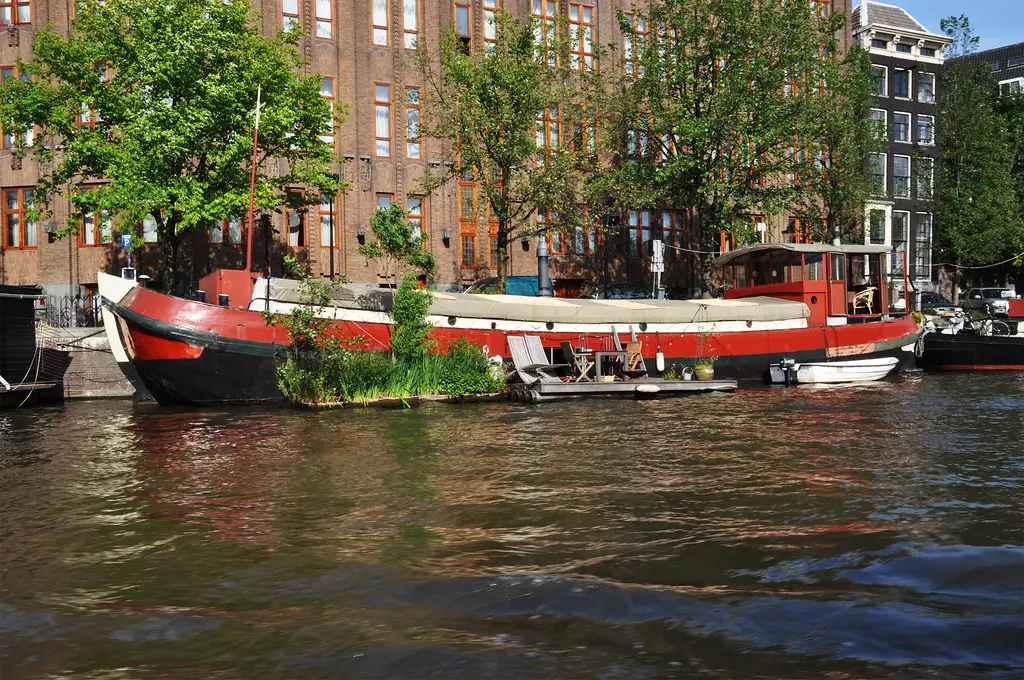
One of the biggest adjustments to houseboat living is the lack of storage. Unlike traditional homes with closets, garages, and attics, houseboats require extreme minimalism. Every inch of space must be carefully utilized, with many owners relying on multi-functional furniture and creative organization hacks. Downsizing becomes a necessity, as there simply isn’t room for excessive belongings.
This limited storage also impacts daily life. Grocery shopping must be done in smaller quantities, as there’s minimal pantry or refrigerator space. Seasonal clothing and recreational gear often require off-site storage, adding an extra inconvenience. Many houseboat dwellers embrace a minimalist lifestyle, but for those accustomed to having ample storage, the adjustment can be challenging.
6. Utility Hookups Can Be Tricky
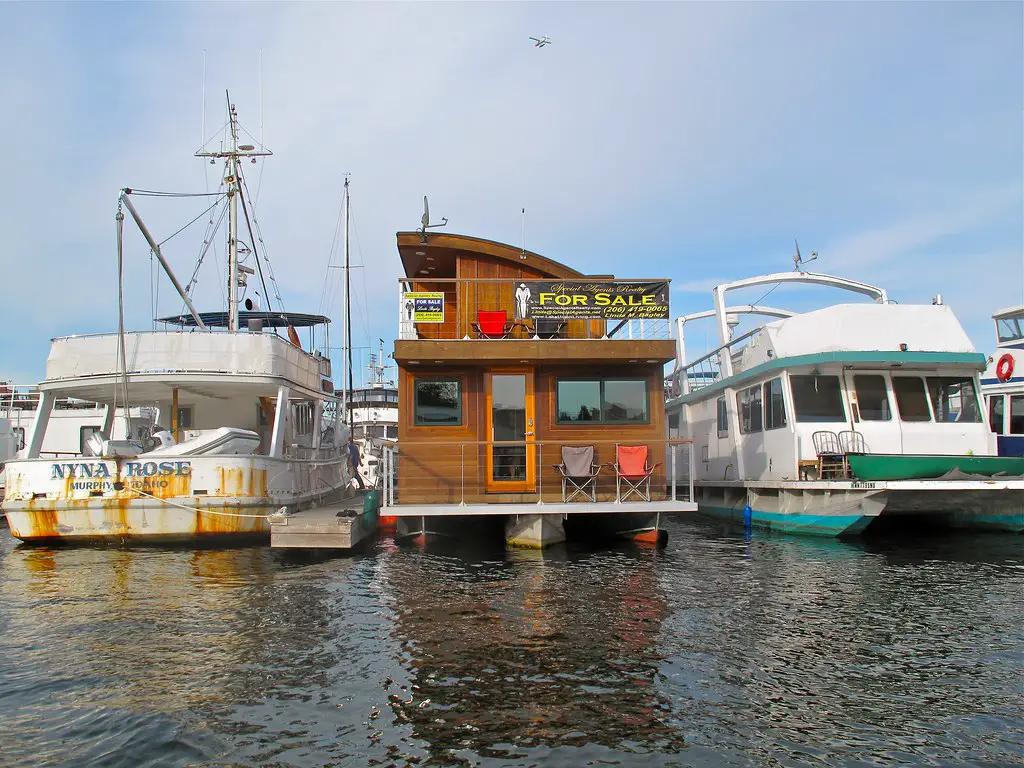
Unlike traditional homes with permanent utility connections, houseboats often require alternative solutions. Electricity may come from shore power at a marina or from solar panels, requiring careful energy management. Freshwater storage tanks must be refilled regularly, and wastewater must be disposed of properly at pump-out stations. These extra steps add complexity to daily life, making even simple tasks like running a washing machine more involved.
Internet and phone service can also be unreliable, depending on location. Many houseboat owners invest in signal boosters or satellite internet to stay connected, but service may still be spotty in remote areas. Additionally, heating and cooling systems often run on propane or marine-specific solutions, which require ongoing maintenance and refueling. Adapting to these differences takes time and effort, but experienced houseboat owners find ways to make it work.
7. Motion Sickness Is a Real Concern
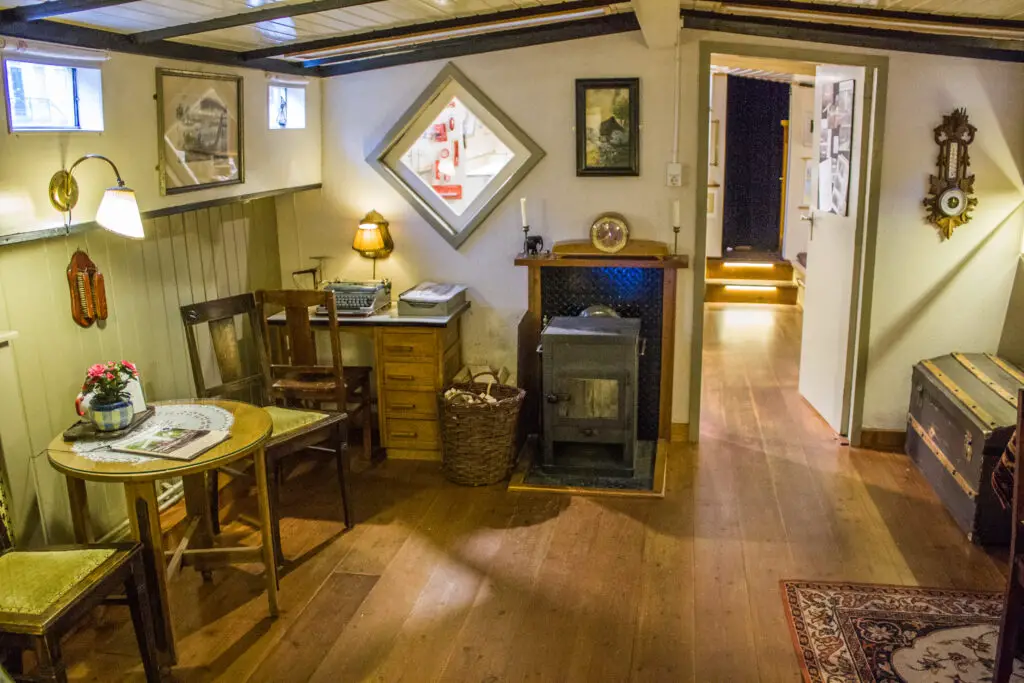
For those not accustomed to life on the water, motion sickness can be a major issue. Even in calm waters, houseboats experience gentle rocking, which can be unsettling for new residents. During storms or high winds, the movement becomes more pronounced, making simple tasks like cooking or sleeping more difficult. Some people never fully adjust, leading them to abandon houseboat living altogether.
To combat seasickness, houseboat owners often install stabilizers or choose protected docking locations. Over-the-counter remedies and acupressure bands can help, but some individuals remain sensitive no matter what. Additionally, guests who visit may struggle with motion sickness, limiting the ability to entertain on board. For anyone considering houseboat life, testing their tolerance with extended stays beforehand is a wise decision.
8. Insurance Can Be Expensive and Complicated
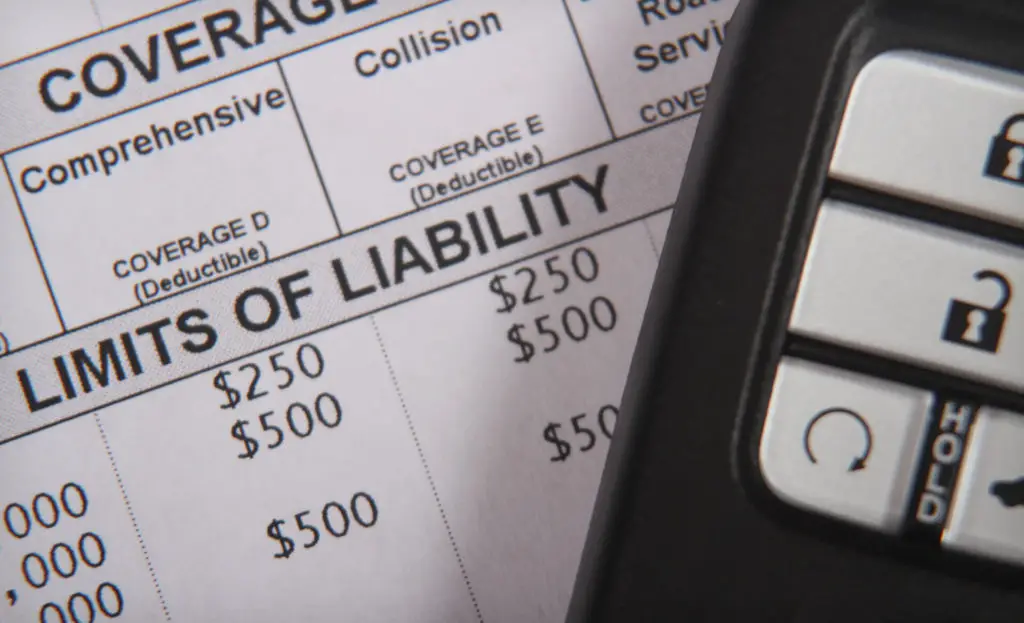
Getting insurance for a houseboat isn’t as straightforward as insuring a traditional home. Policies vary based on location, boat type, and whether the boat is motorized or stationary. Because houseboats are exposed to risks like sinking, storms, and theft, premiums can be quite high. Many insurance providers have strict requirements, including regular maintenance checks and secure docking locations.
Additionally, finding the right coverage can be a challenge. Some policies only cover damage while the boat is docked, while others offer full-time liveaboard coverage but at a steep cost. Houseboat owners must carefully research their options and ensure they have adequate protection. Without proper insurance, unexpected repairs or disasters can lead to financial devastation.
9. Pests Can Be a Persistent Problem
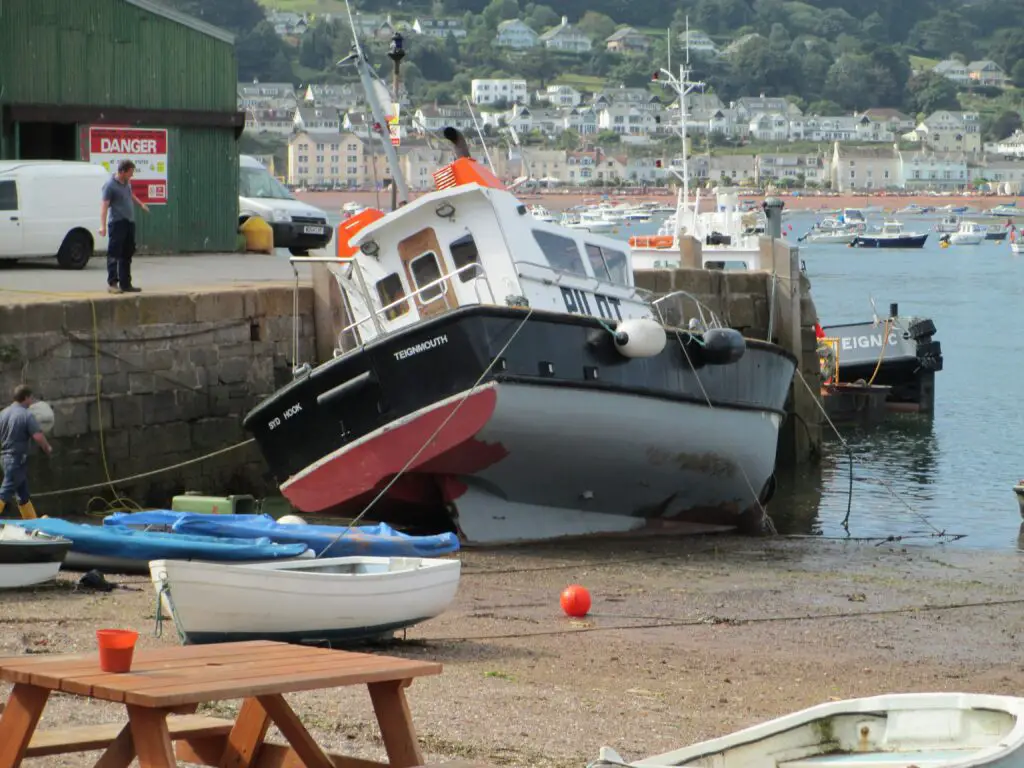
Living on the water doesn’t make houseboat owners immune to pest problems. Insects like mosquitoes and spiders thrive in humid environments, making pest control a constant battle. Additionally, rodents can find their way onto houseboats, especially when docked near land. Proper sealing, regular cleaning, and natural deterrents become essential in keeping unwanted visitors at bay.
Marine environments also introduce unique challenges. Barnacles and algae can accumulate on the hull, requiring regular cleaning and maintenance. Some houseboat owners struggle with bird droppings from seagulls and other waterfront wildlife. Unlike a traditional home, where pest control solutions are more straightforward, houseboat dwellers must be proactive and adaptable to prevent infestations.
10. Getting Mail Can Be Complicated
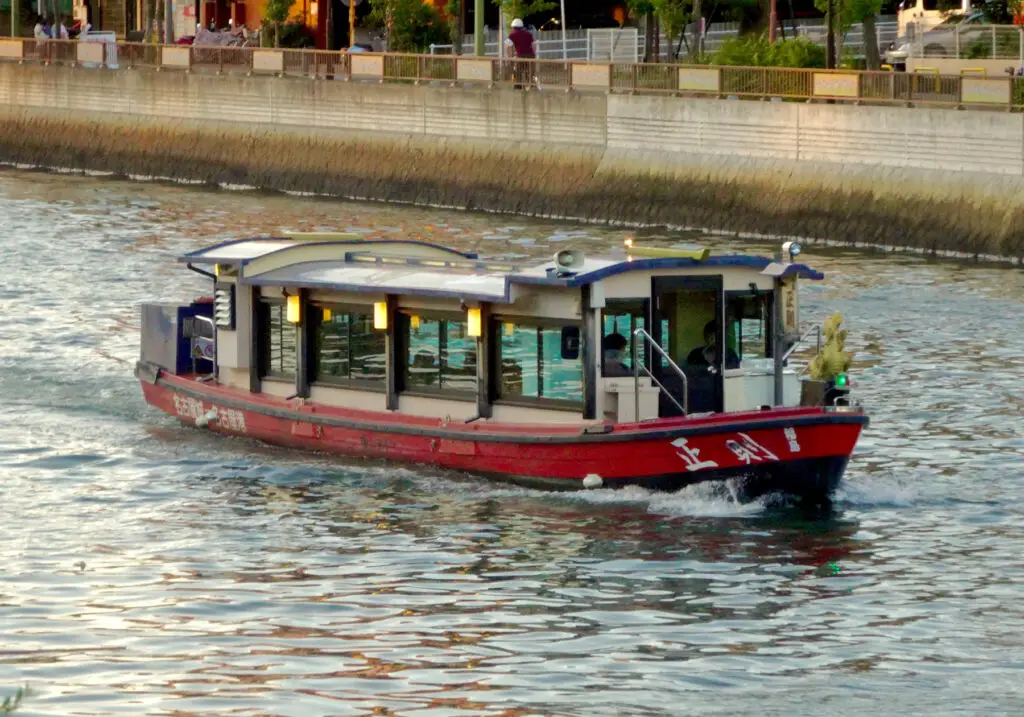
Without a fixed street address, receiving mail and packages can be challenging. Many houseboat owners rely on P.O. boxes or package lockers, which require regular trips to pick up deliveries. Some marinas offer mail services, but availability varies, and some charge extra fees. This can make online shopping and bill payments more complicated than for traditional homeowners.
Additionally, official documents like driver’s licenses or tax forms require a registered address. Some houseboat dwellers use a friend or family member’s address for these purposes, while others opt for virtual mail services. However, certain institutions may not recognize a non-traditional address, leading to bureaucratic hurdles. For those considering houseboat living, planning for mail and paperwork logistics is a must.
